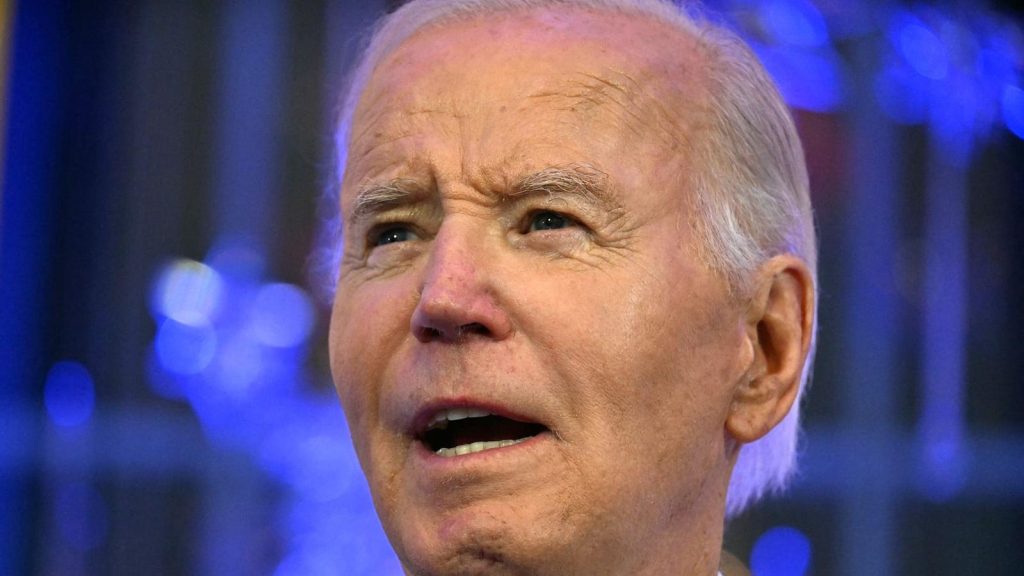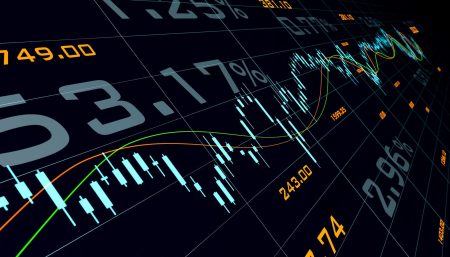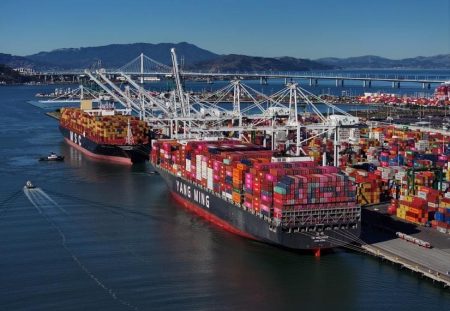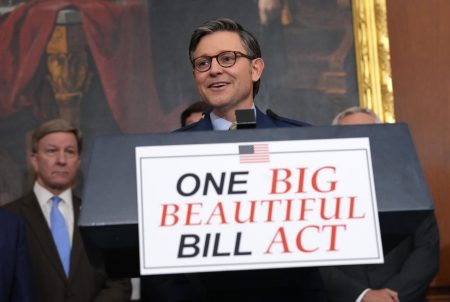The Biden administration has formally withdrawn two proposed student loan forgiveness plans, marking the conclusion of a protracted effort to deliver broad debt relief. These initiatives, often referred to as “Plan B” and the “hardship-based” plan, aimed to alleviate the burden of student loan debt for millions of borrowers. “Plan B” targeted borrowers with excessive interest accrual, those who attended low-performing institutions, and those who had held loans for extended periods. The hardship-based plan sought to provide relief based on various financial and personal hardship indicators, such as low income, disability, or high debt burdens. Collectively, these programs had the potential to benefit over 30 million borrowers struggling with student loan debt. However, facing legal challenges and the impending transition to a new administration, the Biden administration deemed their implementation improbable.
The decision to withdraw the plans stems from a combination of legal obstacles and political realities. “Plan B” faced an ongoing court battle and an injunction preventing its implementation. The hardship-based plan, with a projected completion date in 2025, was unlikely to be finalized during Biden’s tenure. Recognizing these hurdles, the administration opted to withdraw the proposals. This move may have been strategic, aimed at preventing the incoming Trump administration from manipulating the regulations to the detriment of borrowers and preempting potentially adverse legal precedents that could constrain future administrations’ abilities to enact similar relief measures. By withdrawing the regulations, the Biden administration essentially forces the incoming administration to start from scratch, a time-consuming process that can itself be vulnerable to legal challenges.
Beyond the immediate impact on these two specific programs, the withdrawal reflects the broader challenges surrounding student loan forgiveness. The Biden administration’s initial attempt at widespread debt cancellation, offering $10,000 in relief to most borrowers, was struck down by the Supreme Court. This defeat, coupled with the legal and political complexities of subsequent proposals, underscores the difficulty of implementing large-scale student loan forgiveness initiatives. While the administration cites successes in other areas of student loan relief, such as improvements to the Public Service Loan Forgiveness (PSLF) program and targeted discharges for borrowers harmed by their institutions or facing medical hardships, the broader goal of sweeping debt cancellation remains elusive.
The Biden administration points to its successes in targeted student loan forgiveness programs as evidence of its commitment to easing the burden of student debt. They highlight significant achievements, including providing PSLF relief to nearly one million borrowers, discharging debt through Income-Driven Repayment (IDR) plans for over a million individuals, offering relief to borrowers defrauded by their schools, and providing discharges for borrowers with total and permanent disabilities. These accomplishments demonstrate the administration’s efforts to provide relief where legally and politically feasible, even as broader plans face obstacles. The emphasis on these achievements serves to highlight the administration’s commitment to addressing the student loan crisis, albeit through more targeted approaches.
Looking ahead, the future of student loan forgiveness appears uncertain. The Biden administration recently reinstated two older IDR plans, potentially as a safeguard against anticipated legal challenges or legislative rollbacks targeting the newer SAVE plan. However, with a change in the political landscape, significant changes to student loan programs are anticipated. House Republicans are reportedly seeking to repeal time-based student loan forgiveness under IDR plans for future borrowers and to restrict executive action on student debt cancellation. These proposals, if enacted, would represent a significant shift in policy and could restrict access to forgiveness for many borrowers. The looming political battle over student loan forgiveness suggests that future relief initiatives face significant hurdles.
Amidst the political wrangling and uncertainty, borrower advocates are pressing for immediate action on existing relief programs. They urge the Biden administration to complete the implementation of forgiveness for borrowers already approved but awaiting relief, and to consider unilateral action to cancel debt for older borrowers before the end of Biden’s term. These calls reflect the urgency felt by many borrowers struggling with student loan debt and the desire to capitalize on any remaining opportunities for relief before potential policy changes take effect. The ultimate impact of these advocacy efforts remains to be seen, but they underscore the ongoing debate and the significant stakes involved in the future of student loan forgiveness. The struggle over student loan debt relief is likely to continue, with borrowers, advocates, and policymakers grappling with the complex economic and political considerations surrounding this issue.










